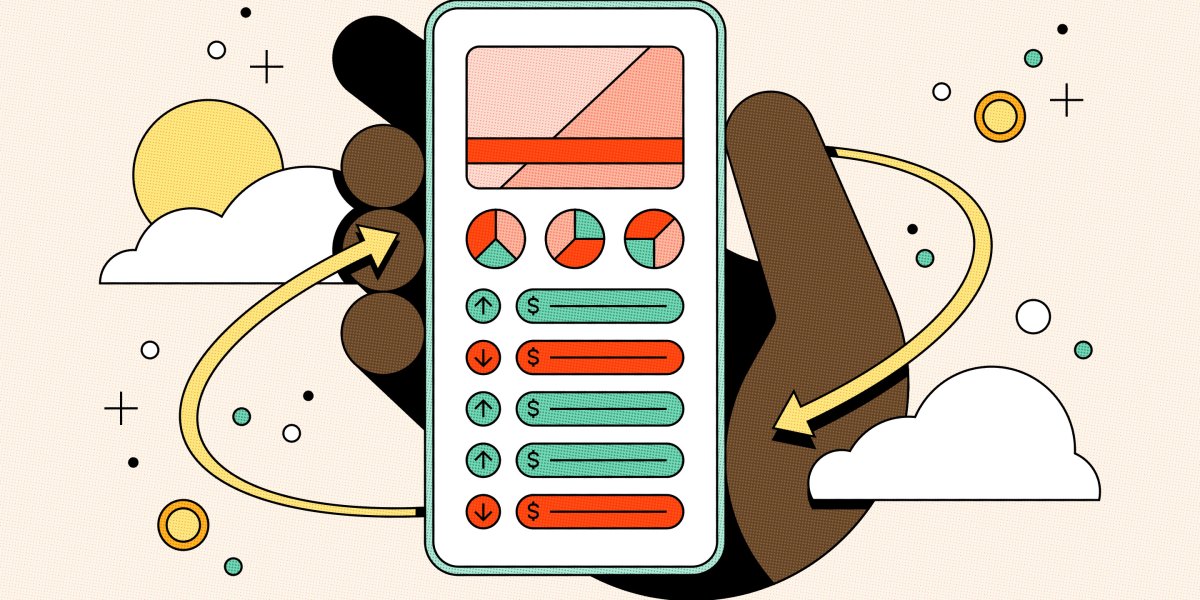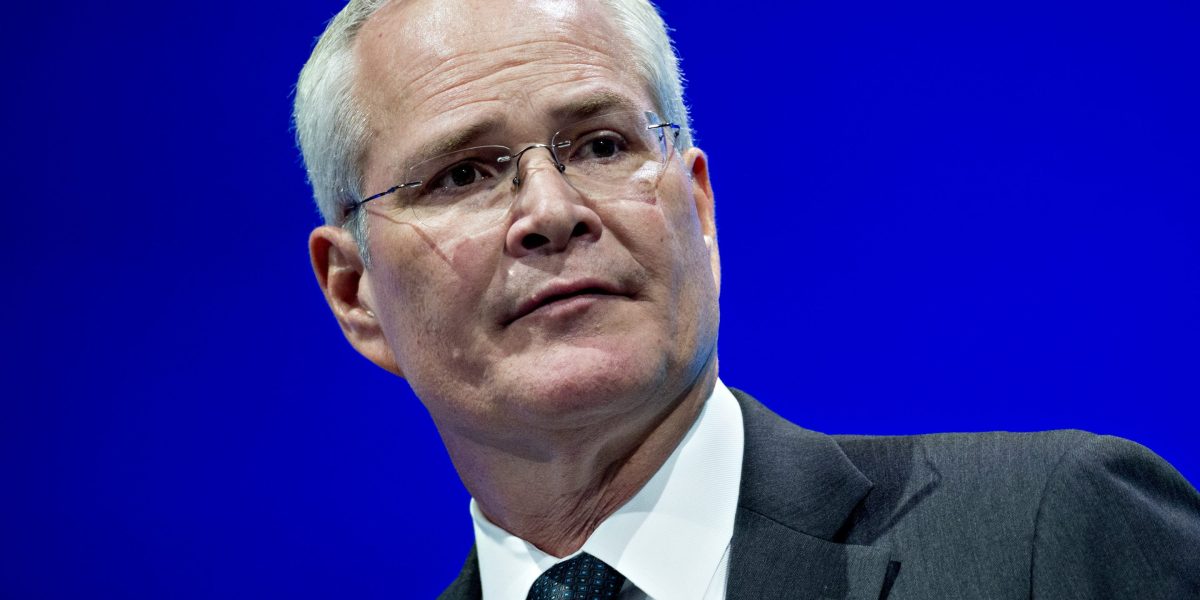These spending habits could be costing you hundreds
[ad_1]

When it comes to personal finance, simple tweaks in your day-to-day budget can add up quickly. Evaluating your spending realistically can enable you to plug the holes in your bank account you might not even be aware of and mindfully spend on experiences that enrich your life.
“Start by looking back on the last three months of credit card and bank statements to see where your money has been going,” explained Eden Financial advisor Nycole Freer. This information is a crucial starting point, and can help you build a plan that aligns with your goals and values. “Tell your money where to go on purpose, instead of wondering where it went unconsciously,” said Freer.
These are the most common bank account drains that you might not realize are adding up, and what you can do to starting see your savings climb:
1. Watch out for sneaky renewing subscriptions
Subscription based services have skyrocketed in recent years, and now it’s not just Netflix that bills you monthly. These days a range of businesses use monthly subscription models. There are renewing monthly vitamin subscriptions, grocery subscriptions, and clothing subscriptions.
“Businesses know that people forget about subscriptions and they actually count on it,” said Laurie Allen, an advisor at Law Wealth Management. “I go through and cancel all my subscriptions regularly (even the ones I use) and only add them back if I feel like I really need them,” Allen said.
Looking at your credit card statements each month and spotting subscriptions you don’t need—or did not even didn’t realize you were paying for—can go a long way in reducing excess spending. “I’ve had clients paying for double gym memberships, Weight Watchers and other services they no longer utilize, and these can really add up,” explained financial planner Michelle Petrowksi. “I always start with Costco, Amazon and dining out when clients aren’t meeting savings goals. These so-called “conveniences” create black holes of spending,” she added.
2. FOMO can impact your wallet
The fear of missing out (FOMO) is a powerful force that can cause people to overspend on things they might not even fully be enjoying. Being conscious of the motivations for your spending can prevent you from wasting dollars on experiences or goods that you feel obligated to buy to fit in. “When it comes to travel and dining out, FOMO can lead to [people] spending more money than they can afford, or using high-interest rate credit cards to fund their lifestyle without considering all the costs,” explained Renee Collins, financial planner at Retire Ready.
Eating meals out at restaurants can be particularly draining to your bank account, and often adds up to hundreds of dollars per month. Planning meals and grocery shopping regularly can prevent last minute Grubhub or Ubereats orders.
3. Prioritize paying off high interest debt
Credit card debt is a particularly vicious drain on your bank account, and getting ahead of the payments is a key way to avoid ending up with a huge bill to pay. “With the dramatic rise in interest rates this past year, not paying off credit cards is particularly expensive, explained financial planner Chris Schiffer of Wealth Enhancement.
Similarly, advisors warn against services that offer monthly payments with interest, even if it may seem more affordable. “The thing that gets Gen Z and Millennials into trouble is thinking something is affordable because monthly payments are offered, which is such a trap when you break down the interest rates and length of time you’re spending to pay it off,” explained Nick A. Covyeau, advisor at Swell Financial Partners. “$300 doesn’t seem like a lot today, but when you look at the power that same money has when invested properly and given decades to grow, it’s staggering,” said Covyeau.
4. Spend in alignment with your values and goals
Advisors emphasized that encouraging their clients to shift their perspective goes a long way in helping people avoid impulse purchases and buyers remorse. Freer recommended evaluating and choosing the values you want to focus on, such as health, friendship, or community, and use them to reframe your perspective. “Put your top 5 values somewhere you will see them daily so that when you go to spend money, you can ask yourself, ‘Is it in alignment with my top 5 values?’” Freer explained. She recommended an online quiz that can help you narrow down what values are most important to you.
Another tip that can help you save is keeping your eye on specific goals, like paying off student debt, saving for you first down payment, or going on a trip. Freer explained that writing down your goal and measuring your progress towards it can help motivate you and be proud of your progress.
5. Pay yourself first
Advisors emphasized that often some of the biggest losses young people take with money is missing out on opportunities to invest. Two common mistakes? Failing to take advantage of 401k matches or investing long-term funds like a 401k too conservatively. “Young people have no business owning fixed income in a retirement account,” explained Ralph Bender, advisor at Enduring Wealth.
Setting up electronic automatic payments from your bank account to various savings accounts and investment portfolios is a great way to take the hassle out of investing. “It is a simple matter to habitually pay yourself first by regularly using automatic electronic payments to a savings account, starting with 10% of gross income,” said Ray Benton of Lincoln Financial Advisors.
Learn how to navigate and strengthen trust in your business with The Trust Factor, a weekly newsletter examining what leaders need to succeed. Sign up here.
[ad_2]
Source link


